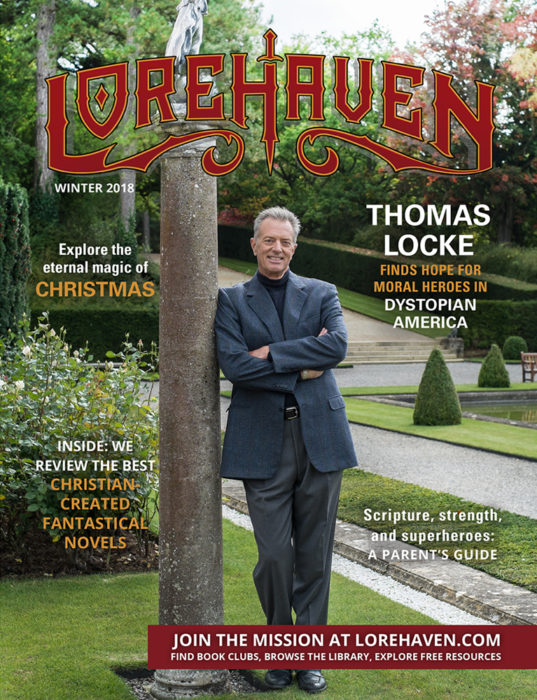The Biblical Source of Super-Strength
Are superheroes real?
Our children would love to think so.
Men and women of supernatural abilities have been a fixation for our culture since the Greek epics. In fact, a boy with comic book in hand is now something of a stereotype. Some have even argued that our society worships superheroes due to the massive number of films, books, and merchandise created to satisfy market demands.
Idolatry is never a good thing, but is there a way to teach our children to enjoy superheroes in a healthy, biblical way?
We usually speak of superheroes as though they’re exclusively fictional beings, even alien. But the Bible tells a different story about superhuman power and its spiritual origins in Judges 15: 14–16:
“When [Samson] came to Lehi, the Philistines came shouting to meet him. Then the Spirit of the Lord rushed upon him, and the ropes that were on his arms became as flax that has caught fire, and his bonds melted off his hands. And he found a fresh jawbone of a donkey, and put out his hand and took it, and with it he struck 1,000 men. And Samson said, ‘With the jawbone of a donkey, heaps upon heaps, with the jawbone of a donkey have I struck down a thousand men.’”
Samson is a clear example of superhuman strength. If he was alive today, we would consider him a superhero. But is he an example for our children to follow? After all, his story is not deserving of a PG rating.
Jon Bloom describes the biblical account of Samson in his book, Things Not Seen, as reading “like the story of a narcissistic superhero whose pride destroys him in the end.” And still Samson is listed in the hall of faith in Hebrews 11. There are certainly huge character flaws in him that we should teach our children not to follow. But Samson’s story has one element of faith and humility that is essential for the critically thinking parent with a superhero-loving child.
Bloom goes on to say that, “[Samson] believed that God would bless his gift of strength when Samson needed it. In that sense, every mighty act [Samson] ever did was by faith. And God used him. . . . The tragedy of [Samson’s] life is that he ended up thinking more highly of himself than God.”
Although Samson misused his blessing from God to satisfy his own pride, he knew his power came from God and not himself. And that, ironically, is the single thread of humility in the fabric of his life. He knew this so well that at the end of his life, he pleaded with God for his strength to return to him so he might defeat the oppressive Philistines (Judges 16: 28–30):
“Then Samson called to the Lord and said, ‘O Lord God, please remember me and please strengthen me only this once, O God, that I may be avenged on the Philistines for my two eyes.’ And Samson grasped the two middle pillars on which the house rested, and he leaned his weight against them, his right hand on the one and his left hand on the other. And Samson said, ‘Let me die with the Philistines.’ Then he bowed with all his strength, and the house fell upon the lords and upon all the people who were in it. So the dead whom he killed at his death were more than those whom he had killed during his life.”
For children to have proper humility before God, teach them that his gifts are just that—a strength that didn’t originate from within themselves but from the Lord. To have even greater humility than Samson, instruct them to use those gifts for the glory of God and his kingdom and not their own magnification.
What does that mean for our diet of superhero stories? Although parents may find times when it’s necessary to keep children from these stories, it’s best for parents to pursue critical thinking over censoring. Parents can sit with their children and engage them in conversation about the heroes after or even during the film or book. Ask questions like:
From where does this superhero get his power?
If the power is outside of herself, is it from a divine being?
Is that being the God of the Bible or a pagan god?
Is this superhero working for his own good or the good of others?
Is the superhero using her power with pride or humility?
A perfect superhero story doesn’t exist. But common grace shows us that despite social trends, we will continue to tell stories of humble, sacrificial love—of superheroes giving up their very lives. That superhuman humility, the one that puts others first, makes the very best kind of superpower.
































Share your fantastical thoughts.